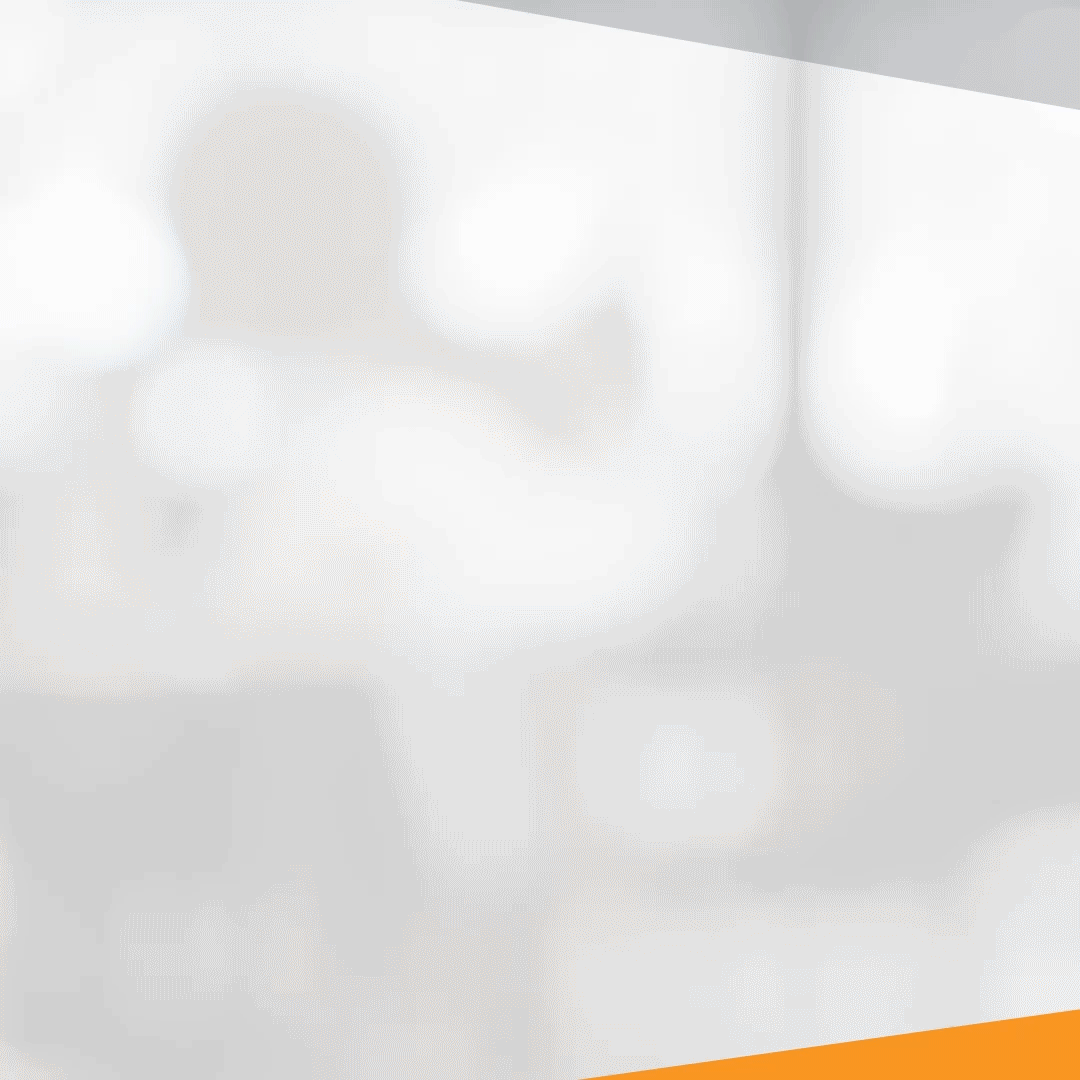Depression and anxiety among young people were on the rise when the pandemic hit. Already experiencing mental health challenges, adolescents faced the realities of a global medical crisis—isolation, fear, illness, and sometimes death. More than 140,000 children in the U.S. lost a primary or secondary caregiver to COVID-19, not to mention the millions more whose lives were forever changed.
Is it any wonder that our teenagers are in crisis and adolescent mental health was declared a national emergency?
The Big Picture
Although life has presumably returned to normal, children experienced a collective trauma and an increasing number of teens are turning to substances to cope. Ideally, every adolescent on a school campus needing mental health services should be able to receive it. So why aren’t they? Some common reasons are:
- Scheduling conflicts
- Scarcity of timely appointments
- Lack of self-awareness
- Embarrassment
Even if every student had a counselor assigned solely to them, a subset of children would still never use this service. And school culture is more influential in this journey than administrators may realize.
Addressing the problem requires a concerted group effort among all relevant stakeholders. Work together—administration, faculty, and staff—to revisit or create programming that's focused on schoolwide wellness. Find ways to decrease the stigma of mental health care and reduce the high stress levels students are experiencing.
For example, talk about mental health and substance abuse openly and repeatedly. The more comfortable adults become at discussing sensitive topics, the better chance they have to engage the adolescent mind. Consult with teachers about expectations placed on students. Academic performance pressures can lead to anxiety, depression, or drug use. In extreme cases, this can even lead to suicidal ideation.

Tune in to live webinars every week during the school year to get specific, research-backed insight you can immediately apply at your school.
Make Your School a Safe and Healthy Place
The idea of implementing a wellness and substance abuse prevention plan may sound daunting. Modeling after other schools is tempting—but without relevant data that’s unique to your population, it’s unlikely to have much impact.
Discipline-only, non-evidentiary, or outdated programs do not work. The most effective programs share three basic commonalities:
- Commitment
- Hard data
- Partnerships (students, counselors, faculty, staff, parents, outside organizations, etc.)
Get the Facts
Collecting data from students can be as simple or as complex as a school can manage. Whether it’s high tech or a basic survey, the results will directly inform program planning. Ask questions that will provide insight into the most significant issues students are facing.
Once the data has been gathered, what’s next? First, conduct a thorough review of the information. Next, engage the school’s counseling center or an outside organization to start the process of creating—or revising—wellness programming that fits your school.
Messaging should reflect your student body, not media trends. Other tips include:
- Share data-based messaging with administrators, faculty, staff, and parents.
- Provide in-service training to promote constructive use of the program.
- Incorporate a measurable evaluation to determine effectiveness for each relevant constituency: Students, parents, administration, faculty, and staff.
Creating and implementing successful wellness and substance abuse prevention programming for teenagers is a challenge. Through collaboration and a true desire to help today’s adolescent, cultivating happier and more fulfilled student populations is within reach.
*Content courtesy of Dr. Sarah Ferraro Cunningham and Lisa Roethling, LPC, LAT, ACS, Director of Counseling at The Hill School.






